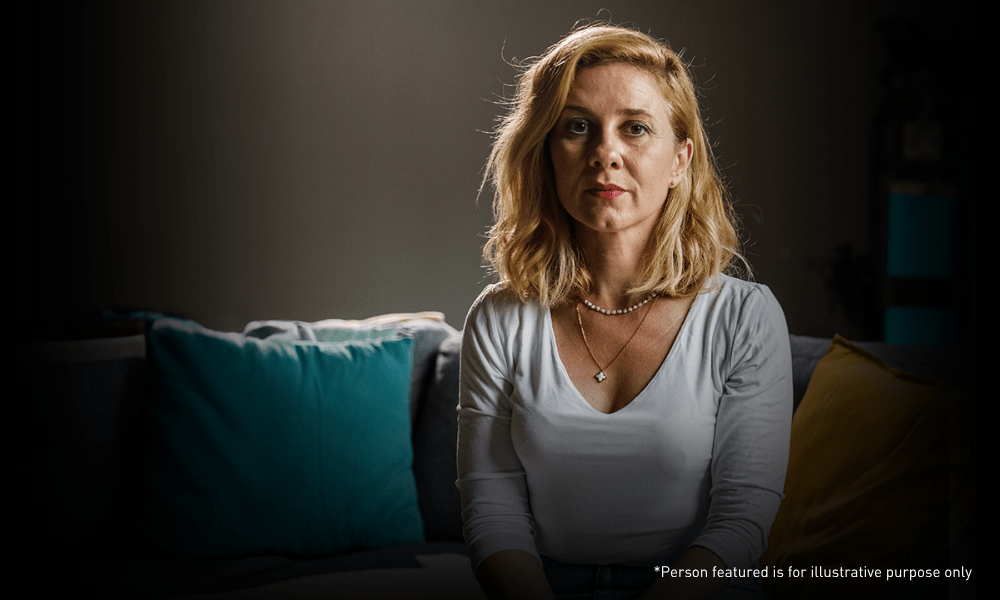
She lives with a disability they never considered screening her for
Kristen’s Story
For over ten years, it seemed like I had the perfect life – decent house, two beautiful kids, and a husband everyone adored. Dan was charming in public, always saying the right things. People thought I was lucky.
But behind closed doors, it was a different story.
It started small. Eye-rolls, put-downs, little digs at my parenting. At first, I brushed it off as stress from work. Then came the outbursts: punching walls, slamming doors, breaking things. He’d always apologise after, blame it on a bad day, and promise to do better. But he never did.
He drank more, came home late, and when I asked questions, he turned it back on me. I was “crazy,” “too sensitive,” “a nag.” I stopped speaking up to keep the peace. Friends faded away. I became isolated, He was warm and loving one day, cold and cruel the next. I was always walking on eggshells.
One night, our daughter was sick, and he was meant to pick up medicine on his way home. He didn’t. I was exhausted and upset, things escalated fast. He slammed my head into the wall. I blacked out. I woke up to my daughter’s hysterical cries. I was vomiting and in so much pain, but he was gone. The next day he returned home like nothing had happened.
Weeks later I went to my GP, complaining of fatigue, dizziness, and nausea. He asked if I was stressed or pregnant. I didn’t know what to say. Months later, I was pregnant again and assumed that explained how awful I felt.

After our second child, he insisted I stay home. Said it was “best for the kids”, but really, it was about control. The abuse got worse. He’d shove me, choke me. I wanted to leave, but he’d threaten to take the kids. That fear kept me stuck. They were all I had.
There were times I should have gone to the ER, but I was living in survival mode. My only focus was on keeping the kids safe and meeting their basic needs.
Then came the night he almost killed me. I don’t remember the details. Just waking up in hospital with broken ribs, a concussion, and a fractured face. I couldn’t speak properly. I forgot my own kids’ names. I couldn’t walk properly. That’s when I got the brain injury diagnosis.
I finally left. I took out a DVO and moved in with a friend. I have no job, no money, and no family support. But I’m safe, and I’m fighting to get back to myself – for my children, and for me.
I wish people understood how serious the link is between domestic violence and brain injury. If there was more awareness, if health professionals and police knew what signs to look for and asked the right questions. Maybe I would’ve gotten help before the damage became permanent. We need systems that recognise brain injury and act early enough to change the outcome.
Disclaimer: This is a composite narrative based on real experiences of people living with brain injury and involvement in the justice system. While the story reflects common themes and challenges, the character and events are fictionalised to protect individual privacy.
